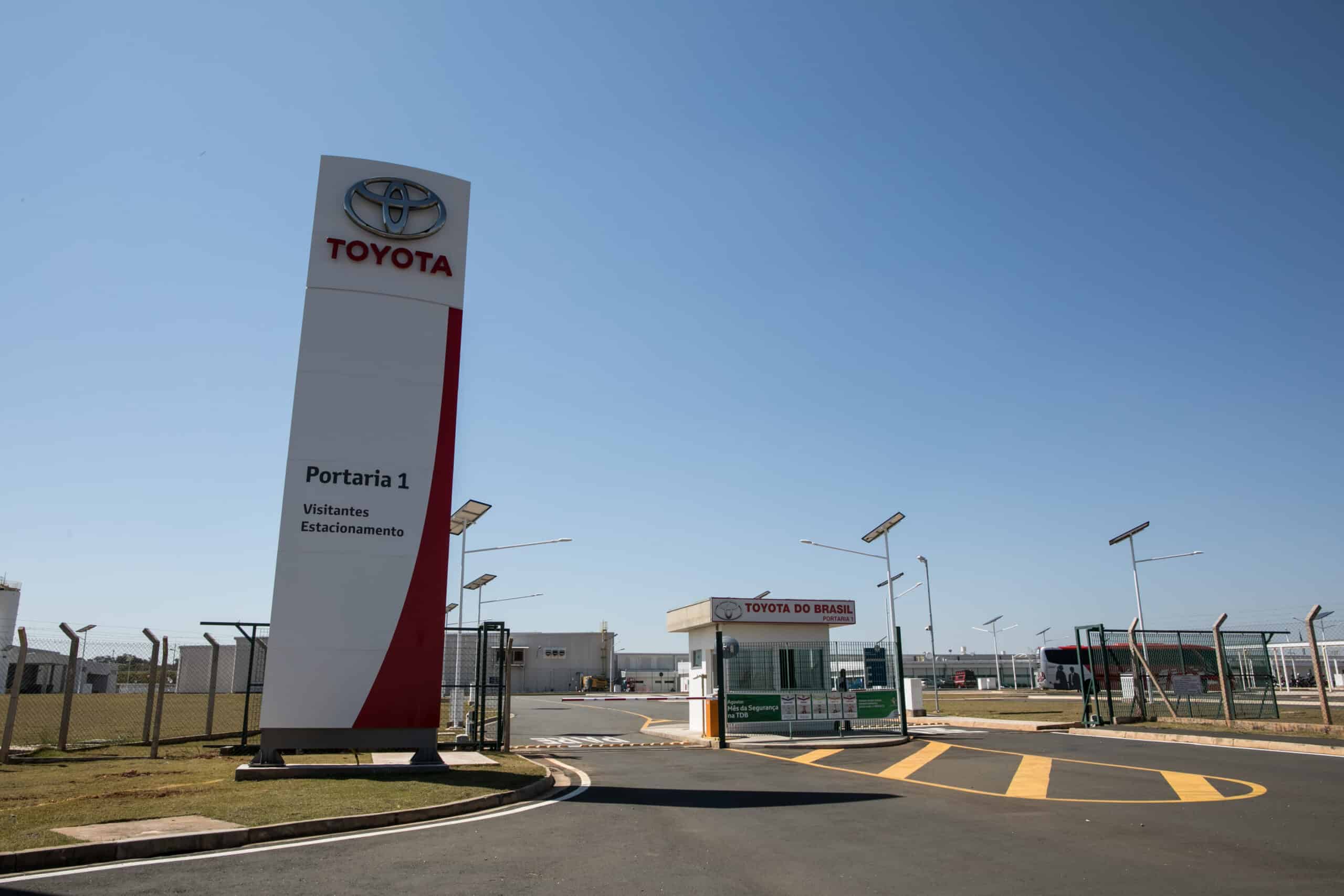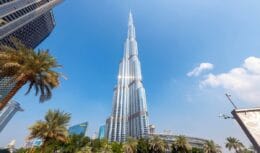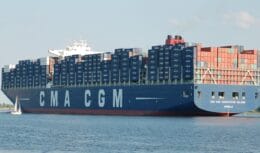
Toyota's factory in Porto Feliz became the first operation outside Asia to produce engines from the TNGA platform and almost doubled its production capacity with the arrival of the New Corolla
The multinational vehicle manufacturer Toyota do Brasil celebrates the fifth anniversary of its plant in Porto Feliz (SP), the brand's only factory in Latin America and the Caribbean to produce engines. Vital in the sustainable growth plan in the region, it currently supplies the assembly lines in Sorocaba (SP), where the Etios (export only), Yaris and Corolla Cross models are manufactured, and in Indaiatuba (SP), the Corolla sedan line.
Read also
- End of brand loyalty at fuel stations and direct sale of ethanol from plants are approved; measures promise to stimulate competition and curb the increase in gasoline prices
- 117 free courses certified by Fundação Bradesco in the areas of Administration, Accounting, Education, Technology and much more
- Niobium instead of lithium revolutionizes and becomes a solution to increase the capacity and useful life of electric car batteries
- After interrupting vehicle manufacturing and closing factories in Brazil, Ford sees hundreds of F-150 0 km pickups being destroyed in a train accident
- Scania, a global leader in the production of heavy trucks, buses and engines, has just installed 40 lithium-ion electric forklift trucks at the São Paulo unit, responsible for storing and supplying spare parts for all of Latin America
- After Volkswagen, Ford and Fiat, the multinational Chevrolet suspends production at a factory in SP and Chevrolet Onix, Onix Plus and Spin will not be manufactured
- After Volkswagen, Ford, Chevrolet, Fiat and Yamaha, the multinational General Motors suspends production at a factory in SP and negotiates, on the 26th, the suspension of employment contracts
In this half decade of operations, the unit was responsible for developing 20 environmental activities, which included a 56% reduction in waste, 32% in CO2 emissions and 42% in the use of water in the production process. These initiatives earned international recognition from Toyota Motor Corporation, which named Porto Feliz as the cleanest plant in the Group, contributing to the global strategy of neutralizing carbon by 2035.
Toyota's plant in Porto Feliz (SP) has a production capacity of around 170 engines per year
With a production capacity of around 170 engines per year, the unit follows the same ecofactory concept used at the Sorocaba (SP) plant. The principle consists of annually reducing the emission of waste generated, volatile organic compounds (VOCs) and CO2 emissions, in addition to maximizing the reuse of rainwater and the preservation of the native forest area.
“Porto Feliz is an example of how we are committed to the process of carbon neutrality, even expanding our production activities”, says the general manager of the plant, Gilberto Paulino.
As a result of an initial investment of BRL 580 million, the production unit has already undergone expansion and modernization, with a contribution of BRL 600 million, for the production of the most recent release by Toyota, the 2.0L Dynamic Force engine, mounted on the platform TNGA, which equip the new Corolla Cross and Corolla. In its short history, the unit has become a milestone in Toyota's Latin American operation, bringing together attributes of the company's most modern, productive and sustainable plants around the world.
The skill of more than 400 employees at the unit allowed Toyota to overcome several stages in the challenge of sustaining portfolio growth in such a challenging period. The unit inaugurated production with Dual VVTi engines, 1.3L and 1.5L for the compact Etios, at the time still sold in Brazil, in addition to Argentina, Paraguay, Peru and Uruguay.
With the arrival of the New Corolla, in 2019, Toyota's factory in Porto Feliz almost doubled its production capacity
With the introduction of the Yaris, in mid-2018, which uses the same technology used in the Etios, it was natural to increase production on the line to cover the offer. With the arrival of the New Corolla, in 2019, which added a new platform to the line-up, the TNGA, Porto Feliz almost doubled its production capacity and diversified its product line.
“From 2016 until today, we have overcome the obstacles of a very challenging period for the industry and for all of Brazil. With our long-term plan, we added new projects to our lineup, even with the consecutive crises in the last four years, as we are armed with high technology in production and a skilled team to face the growth of Toyota's portfolio in Brazil", points out Pauline.
Paulino describes that, in Porto Feliz, Toyota has the most advanced and innovative technology in production processes, in addition to having a high degree of industrial automation, bringing together very high-precision machines within each stage of the assembly line, with the use of the unprecedented laser technology of electrodeposition of high resistance material in the seat of the valves of the Dynamic Force engine.
To ensure quality at the end of the process, it has devices for carrying out tests with simulations on 100% of the engines and an advanced laboratory for analyzing performance and durability. All these elements guarantee superior quality to the engines produced. Furthermore, it is one of the first Toyota manufacturing facilities to include all three industrial processes within a single location (casting, machining and assembly).
production and export
Porto Feliz became the first operation outside Asia to produce engines from the TNGA platform, which power the Corolla sedan and the Corolla Cross SUV. In addition to the new platform, flex fuel and gasoline engines are also produced, Dual VVTi, 1.3L and 1.5L, for the Yaris and Etios models, both hatchback and sedan. In total, more than 630 propellers have been produced since the plant's inauguration.
With the possibility of delivering vehicles 100% manufactured in Brazil to the market, Toyota was able to develop its growth and expand its presence in Argentina, Chile, Peru, Paraguay, Uruguay, Ecuador, among other countries in Latin America and the Caribbean.
Toyota temporarily suspends production at a factory in Sorocaba SP
Toyota do Brasil informs that it will carry out a temporary suspension of production at its factory in Sorocaba, where the Yaris (hatch and sedan), Corolla Cross and Etios (for export only) models are produced between August 18 and 27, 2021. will also be partially affected.
Despite all the efforts we have made over time to manage the lack of inputs that affects the global supply chain, caused by the Covid-19 pandemic, at this moment a stop is inevitable.
The employees affected by the stoppage will go on collective vacations during this period, with the return to activities scheduled for August 30th. The other Toyota units in Brazil, located in São Bernardo do Campo and Indaiatuba, continue with their normal activities.
Toyota do Brasil has been present in the country for over 60 years. It has four production units located in the cities of Indaiatuba, Sorocaba, Porto Feliz and São Bernardo do Campo and employs more than 5 thousand people. In 2020, he launched Kinto, his new mobility company, to offer services such as car rental and fleet management for a changing society. It also reinforced its Gazoo brand, through initiatives that challenge the excellence of its vehicles. Its mission is to produce happiness on a large scale and, for that, it is committed to developing increasingly better and safer cars, in addition to advancing mobility solutions. The company contributes to society through its own business, with actions aimed at reducing the risk of accidents, improving vehicle traffic and increasing the use of renewable energies, and as a good corporate citizen. Together with the Toyota do Brasil Foundation, it has initiatives that reflect on the 17 sustainable development goals. More information on the company's website
.











Army summons Brazilians with up to…
Come be a watermelon, you too
Air Force F-16 fighters…
Everything is fine, 100-year secrecy,…
Air Force F-16 fighters…
Well... It's flying scrap... Typical...
Air Force F-16 fighters…
Which genocide are you talking about? Than…
They discover the third largest deposit…
That’s why all foreigners and NGOs…
Translate into Brazilian Portuguese?
In what world do you live in? Narnia? (now go...
It could be that these older people…
I am a carpenter, assembler of all types…
I'm a carpenter I want
I wanted to understand better!
I am available
GOOD LET’S GO SO THIS NEW TRAIN…